Recent Publications & Learning
Doing development differently starts with better evidence and learning.
Doing development differently starts with better evidence and learning.
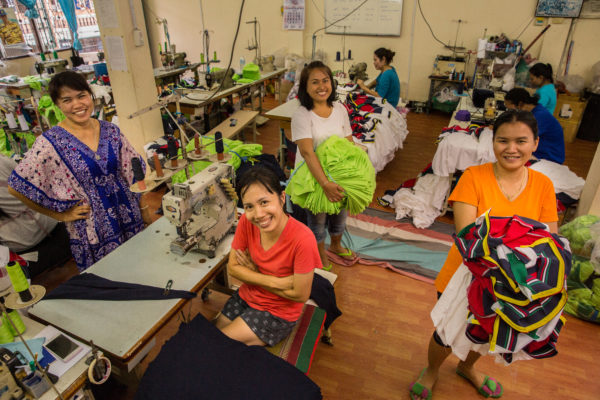
Research brief capturing the experience of practitioners interested in integrating knowledge on social norms from fields outside of market systems into their work on identifying and measuring systemic change.
Read More
This webinar examines the implications for women's economic empowerment in inclusive market development based on a paper released by USAID's Leveraging Economic Opportunities (LEO) project, presented by the report's authors. An expert commentator from the International Labour Organization (ILO) discussed potential implications, followed by an ample question and answer session.
Read More
This paper explores how social norms influence women’s economic empowerment in market systems development, and what practical lessons might be learned. It documents how gendered social norms are currently understood in academic research, then attempts to present the current state of practice for market systems programmes via two in-depth cases, and seven mini-cases.
Read More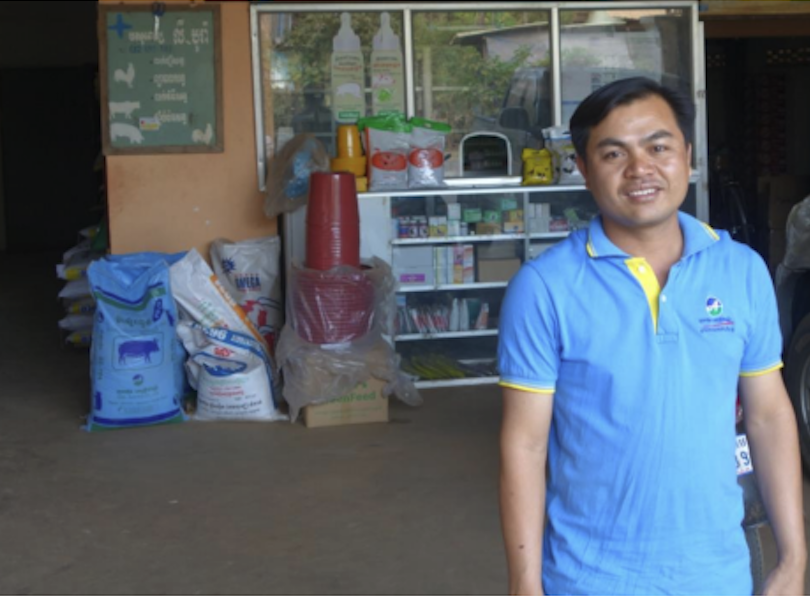
Over the course of the Leveraging Economic Opportunities (LEO) activity, MSA discovered that there had been very analysis of the durability of the results created by market systems development initiatives following their completion. Consequently, MSA conducted this ex-post assessment of the USAID/Cambodia Micro, Small and Medium Enterprise (MSME) project's work in the swine sector five years following its closure. MSME promoted the use by the private sector of an embedded training model, in which companies would provide technical information on input selection and application at no direct charge to swine farmers in order to increase input sales. MSA’s research found that the embedded training model has endured and indeed expanded since the end of the project, being used to varying extents by the majority of the firms in the sector, indicating that it has become an industry norm.
Read More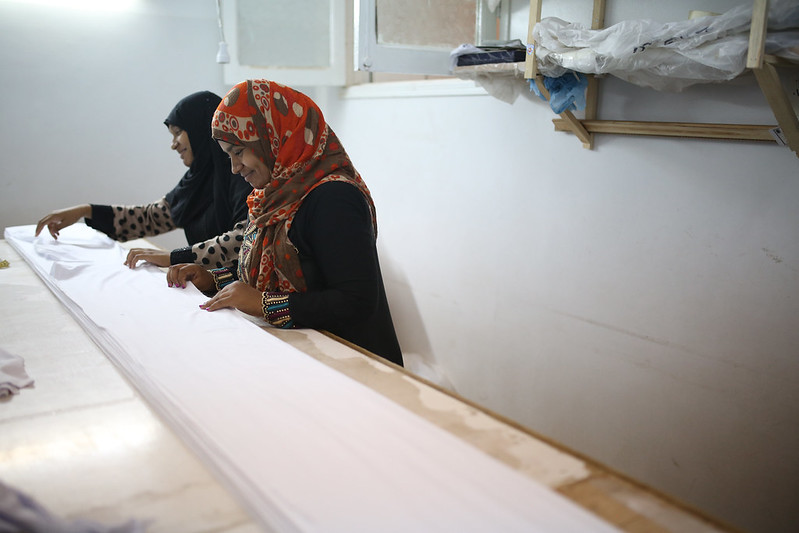
This brief presents policy recommendations based on findings from a pilot study conducted by Marketshare Associates in Egypt and Morocco on the household level results of GIZ implemented, BMZ-funded private sector development (PSD) programs. The study design integrates innovative qualitative household level monitoring tools to develop a more complete picture of if, how and why interventions result in empowerment.
Read More
This report presents findings from a pilot study using a qualitative Rapid Assessment tool designed to integrate household-level indicators of WEE into results measurement systems. It synthesizes findings from interviews conducted with women beneficiaries in Egypt and Morocco, and provides a preliminary understanding of household-level results of BMZ-funded women’s economic empowerment activities.
Read More
This brief examines how and why practitioners are achieving women's economic empowerment (WEE) outcomes through interventions that seek to promote and empower women in agricultural roles beyond production. More specifically, this brief presents a survey of promising strategies and recommendations for further investigation.
Read More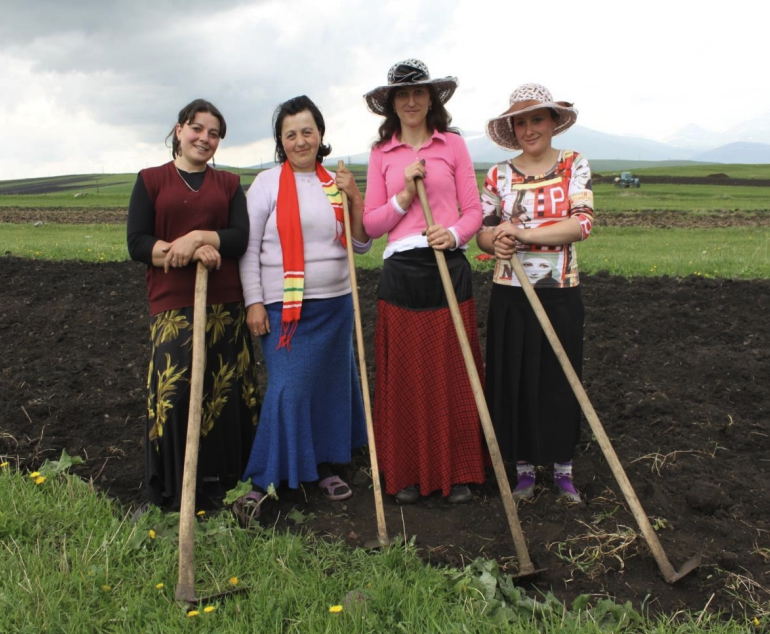
Gender inequality and the process of empowerment are dynamic and complex, as are the market systems in which women work. This webinar explored practices in measuring women's economic empowerment such as innovations in measuring agency, gender norms, and gendered behavior changes at the firm and household level, as well as insights from implementing these practices when working with the private sector.
Read More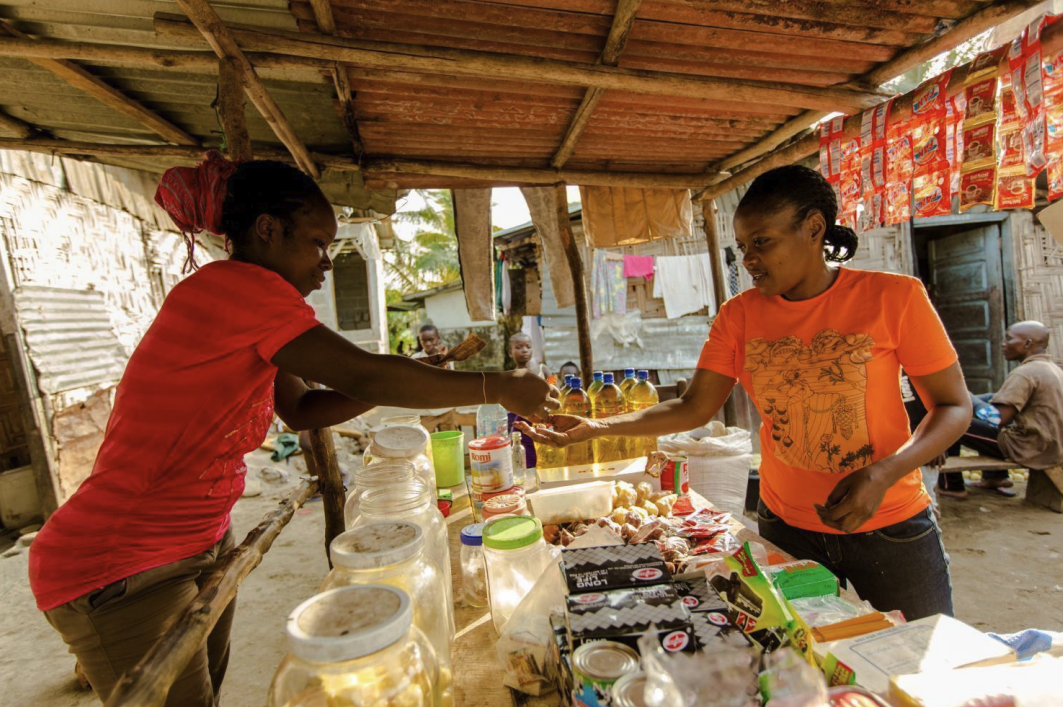
This webinar focuses on understanding what type of programming works in reaching and engaging adolescents in economic and financial activity, with a special interest in those programs that focus on girls and young women. The webinar explores experiences from the World Bank's Adolescent Girls Initiative (AGI), a public-private partnership that was launched in 2008 and now spans eight countries, as well as the CYFI School Bank program.
Read More
Through research under the USAID-funded Leveraging Economic Opportunities (LEO) project, we have found that implementers who successfully persuade businesses to adopt inclusive business practices to empower women often focus on “making the business case.” They also stress the importance of being able to speak the language of the private sector.
Read More